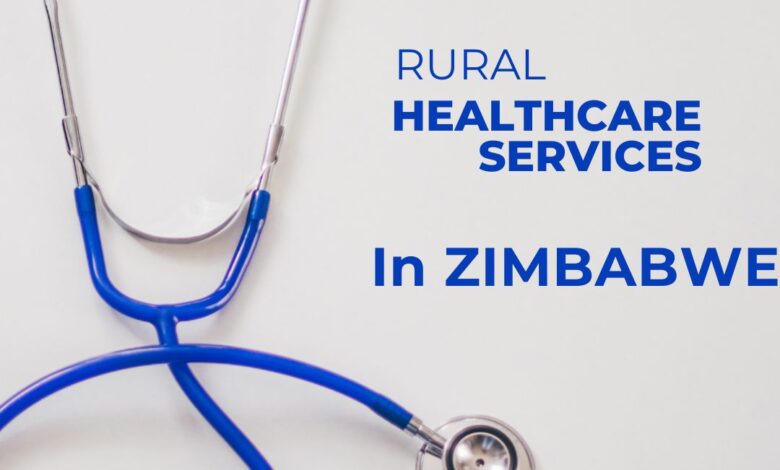Health Service Delivery in Zimbabwe’s Rural Areas: Local Governance Initiatives

Zimbabwe’s rural communities continue to face significant challenges in accessing quality healthcare, despite efforts by the national government to improve health service delivery. Therefore, in response to these persistent issues, local governance initiatives have emerged as crucial drivers of change in rural healthcare. The health service delivery in Zimbabwe’s rural areas is critical to ensure a healthy rural population.
Community-Led Total Sanitation (CLTS) Programs
One notable example of local governance in action is the implementation of Community-Led Total Sanitation (CLTS) programs. These initiatives empower communities to take ownership of their sanitation needs. This therefore leads to improved hygiene and reduced disease prevalence.
Furthermore, CLTS programs involve training community members to identify and address sanitation issues within their neighbourhoods. Additionally, by leveraging local knowledge and resources, these programs have shown remarkable success in reducing open defecation and promoting proper waste disposal practices. The participatory nature of CLTS aligns well with Zimbabwe’s decentralisation policies, allowing for more effective grassroots-level interventions.
Traditional Healers’ Integration
Also, the Zimbabwean government has recognised the importance of traditional healing practices in rural healthcare delivery. By integrating traditional healers into the formal health system, local governance initiatives aim to bridge the gap between modern medicine and cultural beliefs.
The integration of traditional healers in basic first aid and disease prevention techniques will help numerous Zimbabweans in the rural areas. This integration will allow for more culturally sensitive healthcare provision, potentially increasing patient trust and adherence to treatment plans. Additionally, this collaboration between traditional healers and Western-trained healthcare professionals promises to improve overall health outcomes in rural areas.
Village Health Worker Programs
Village Health Workers (VHWs) play a crucial role in delivering primary healthcare services directly to rural communities. These community-based workers are often chosen based on their knowledge and reputation within the village.
Moreover, VHWs provide essential health education and conduct home visits. They also facilitate referrals to higher-level healthcare facilities when necessary. Their deep understanding of local customs and social structures allows for more effective health promotion and disease prevention initiatives. They also empower local residents to become health advocates. VHW programs also contribute to a sense of community responsibility for healthcare delivery.
Challenges and Opportunities
Despite these promising local governance initiatives, challenges persist in Zimbabwe’s rural healthcare landscape. Limited resources, inadequate infrastructure and brain drain of skilled healthcare professionals continue to hinder comprehensive service delivery.
However, these challenges also present opportunities for innovative solutions and partnerships between local communities, traditional healers and modern healthcare providers. The success of grassroots initiatives underscores the importance of community engagement and participation in addressing rural healthcare disparities.
In conclusion, local governance initiatives in Zimbabwe’s rural areas have shown significant potential in improving health service delivery. By leveraging community knowledge, traditional practices and grassroots-level interventions, these initiatives offer a promising path forward for enhancing access to quality healthcare in remote regions of the country.





